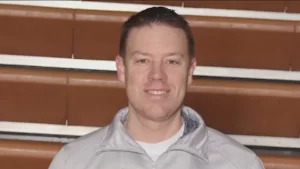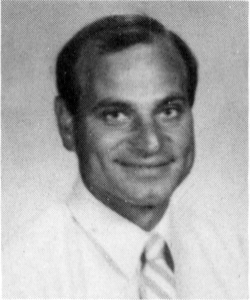O’Hare protest unites Chicagoland residents
February 15, 2017
The Jan. 29 protest at O’Hare Airport began as thousands filed in to join those who had been there since 6 a.m. Gathered were young and old, suburban mothers and hardened activists, all of whom opposed President Trump’s Jan. 27 immigration ban.
It is that unity and passion which gives senior Jennifer Smith* hope as she faces the ban and the effects it will have on her and her family.
“Seeing that so many people showed up to a protest even though they had no technical stake in it was crazy,” Smith* said.
Smith’s* family came to the United States after fleeing Iran in 1979 during a revolution. She believes that immigrating to America is what saved their lives and the ban’s implications give her pause.
“My father and grandfather might have been killed,” Smith* said. “They were lucky to come here, but there are people in those seven countries today that are going to die because they can’t come here. There are fatal consequences to the ban.”
The protest offered opportunities for those who feel as strongly as Smith* to take action. Attorney Ian Wagreich, father of junior Hayley Wagreich and freshman Isaac Wagreich, was one of dozens of volunteers from across the Chicago area to offer their services at O’Hare. Attorneys camped out at the airport for 12 to 14 hours at a time, communicating with Customs and Border Protection and working to ensure that no potentially illegal deportations took place before the ban could be contested in federal appeals courts.
“I am extremely proud of the role being played by my firm and I,” Wagreich said. “I feel that we assisted a number of individuals to get reunited with their families who might have been unlawfully sent back, sometimes to places where their lives were in danger.”
“One of the individuals held the longest was a woman traveling with her baby. This was a woman who had not been charged with any wrongdoing, whose visa application had already been vetted and approved by the government, but by accident of birth happened to be from one of the seven countries listed in the travel ban,” Wagreich added.
That emotional impact was palpable for both protesters and passers-by. Hijab-clad women gave thumbs-up as the crowd outside the International Terminal chanted “Islam is love.” Abed Hirzalla, a Jordanian immigrant involved in the protest, addressed the group before he departed. “You are truly American. This is what it’s like to be American. Thank you.”
Wagreich indicated a strong feeling of unity among those present, saying that the actions of lawyers and protestors alike had clear effects.
“The collective presence of the attorneys served to ensure that the government knew that their actions were being observed and that they would need to be careful to ensure that their actions were lawful,” Wagreich said.
The unified demonstration is, to Smith*, one of the most important statements Americans can make to communicate acceptance to the Middle East.
“If we can hold a strong enough sentiment against hate, it will manifest into something political,” Smith* said. “The reality is, no oppressed group has been able to alleviate some of their oppression without the help of a group that has more of a voice. It’s important for people who are not as touched by this type of discrimination to take action.”
*Names have been changed to protect students’ identity.
























